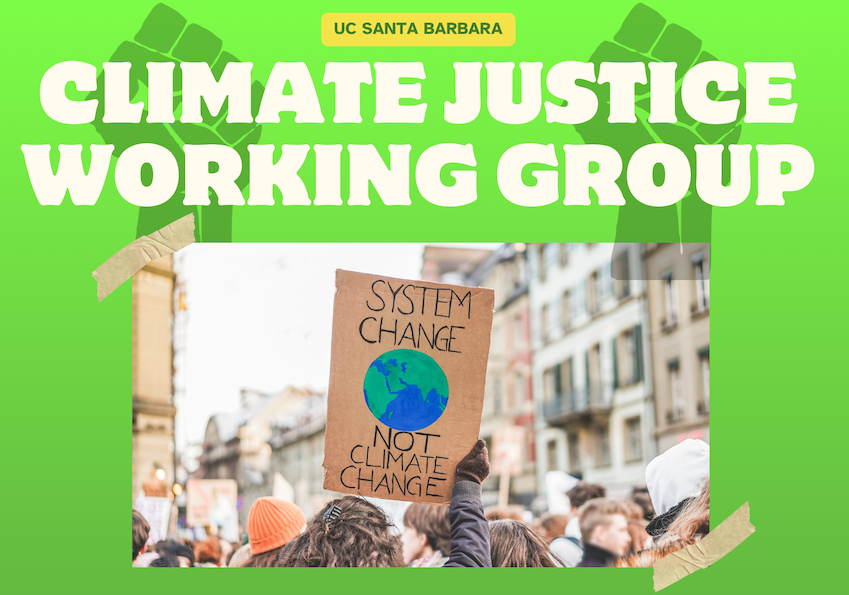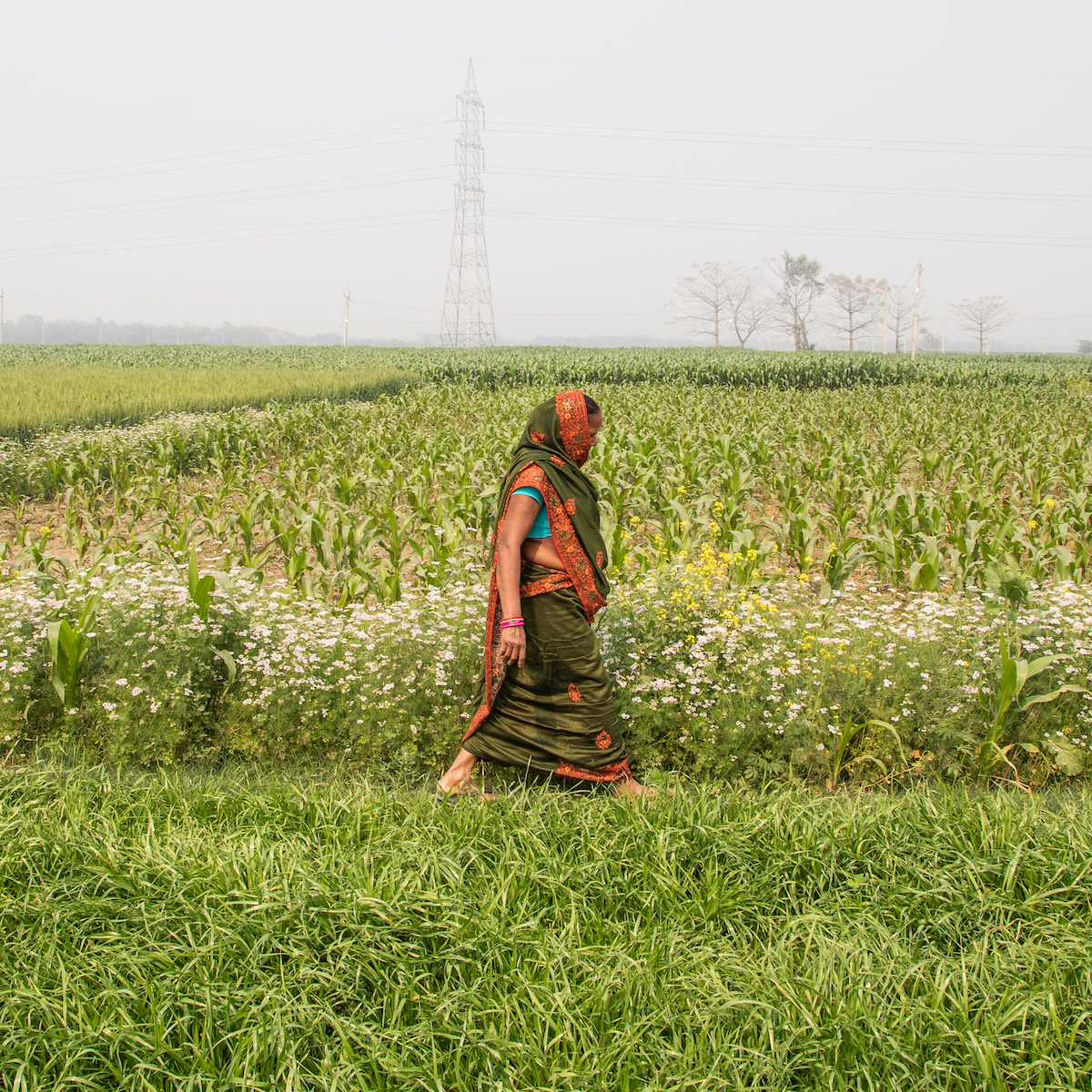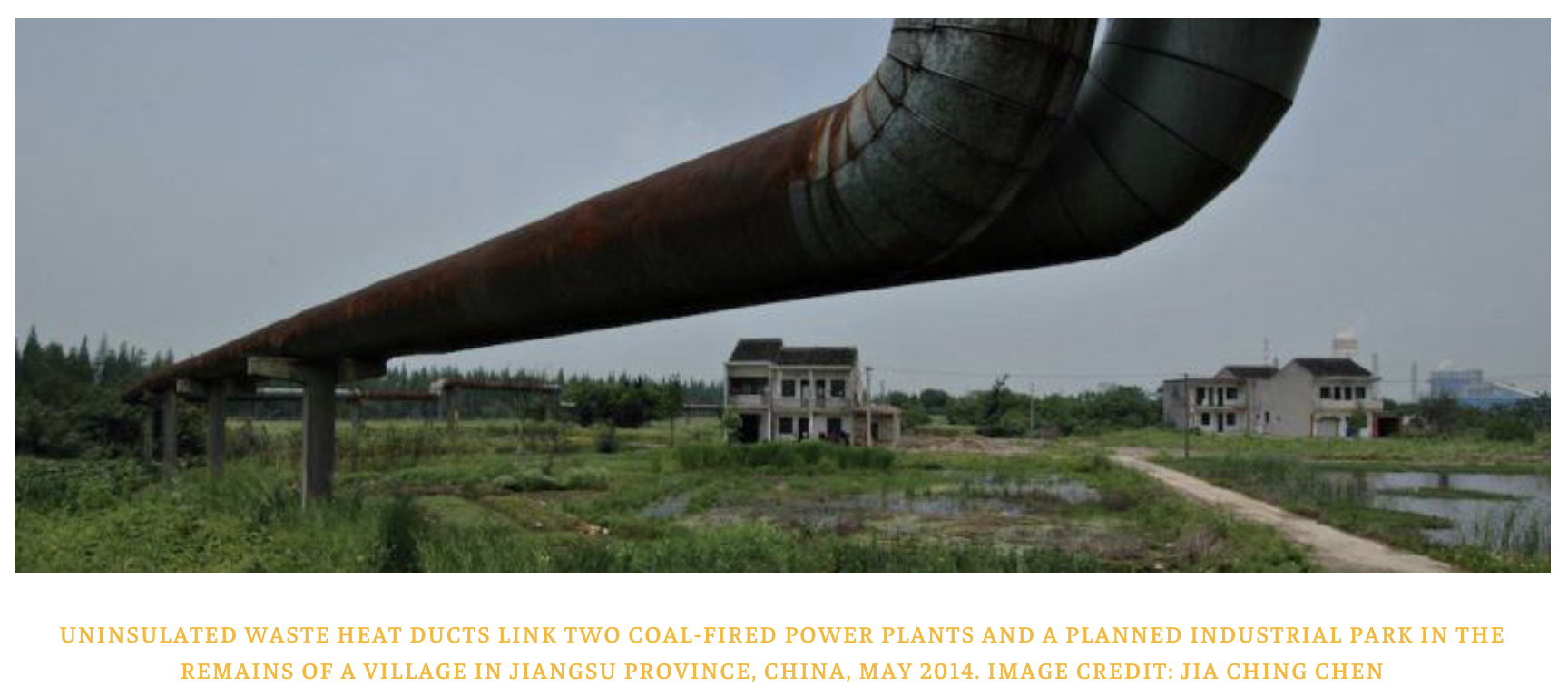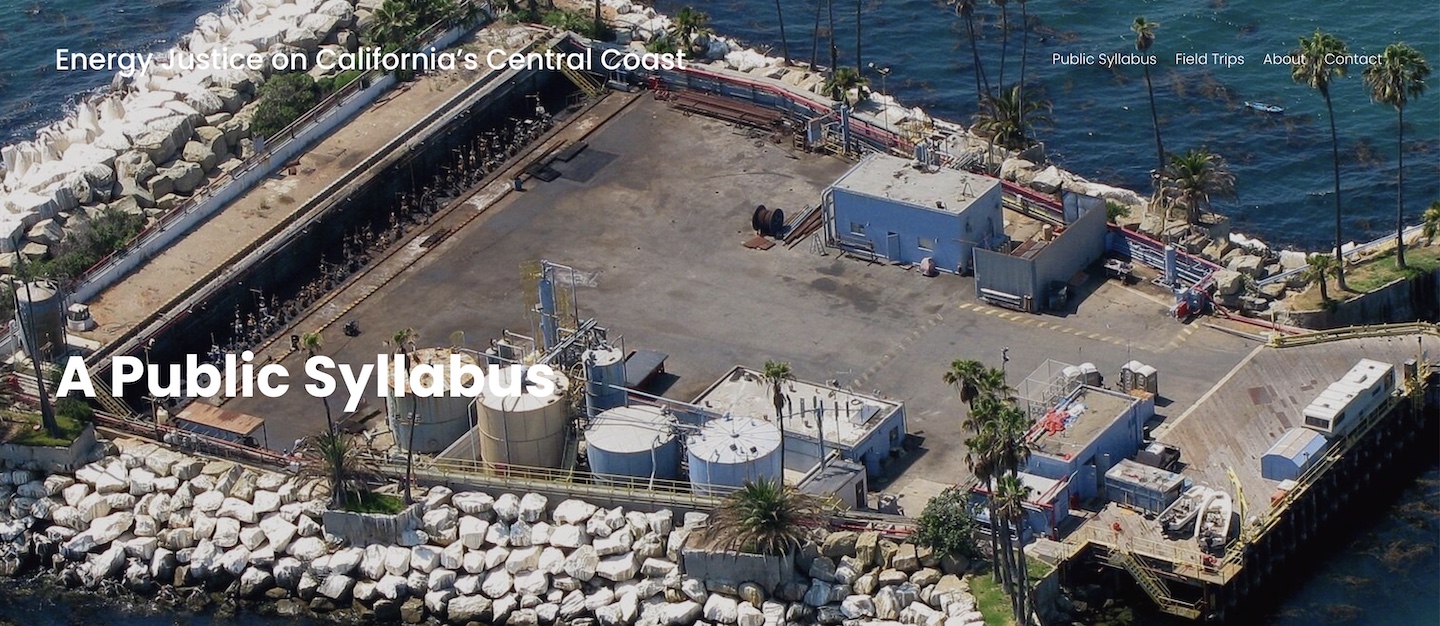
Check our "Events" page for Climate Justice Working Group news...

2024-2025 theme:
Climate Catastrophe and the War Machine
CREW is collaborating with colleagues, students, and the IHC Interdisciplinary Humanities Center to facilitate the Climate Justice Working Group.
The Climate Justice Working Group is a Research Focus Group that aims to address critical debates within the field, while upholding the conviction that the movements, practices, and debates among Indigenous communities worldwide and societies of the Global South are central and not auxiliary to understanding humanity’s deep entanglements with energy. The following inquiries guide our interdisciplinary approach:
• How are frontline and indigenous communities disproportionately affected by entrenched energy regimes and ignored in energy justice debates?
• Why have such injustices been normalized and perpetuated in energy transitions?
• How can scholars work with communities to address social and ecological inequities?
The Climate Justice Working Group will foster the continuation and growth of the successful community-building and research outcomes initiated during the 2018- 2019 Mellon Sawyer Seminar on Energy Justice in Global Perspective at UC Santa Barbara https://energyjustice.
The objectives of this RFG are: (1) regularly convene an interdisciplinary community of engaged scholars who are invested in critical debates on energy justice; and (2) support work-in-progress by those graduate students and faculty in the Humanities and Social Sciences who are engaged in producing new scholarship in the field.

Muzaffarpur District, Bihar (Feb.2025). Baleshwari Devi, seen here walking between her fields of maize and mustard. She is one of a number of farmers in the area now known as a’ solar didi’ — women who have successfully applied for and implemented a solar-powered irrigation water pump. In a context of gender and caste discrimination, Baleshwari Devi now leads her local irrigation system, coordinating with dozens of neighboring farmers to sell and distribute water, teaching her son through the enterprise, and supporting the cultivation of seasonal crops year-round. Photo by Tristan Partridge.
Conveners
Javiera Barandiaran, Global Studies
javiera@ucsb.edu
Jéssica Malinalli Coyotecatl Contreras, Anthropology
coyotecatlcontreras@ucsb.edu
Mona Damluji, Film and Media Studies
damluji@ucsb.edu
Maria Zazzarino, Comparative Literature
mzazzarino@ucsb.edu
Our work
Energy Justice on California’s Central Coast: A Public Syllabus seeks to enable participants’ understanding of the cultural values and ethical and ecological consequences built into the energy systems that fuel the Central Coast of California. By exploring three local energy events (the 1928 St. Francis Dam Disaster, the 2017 Thomas Fire, and the 1969 Santa Barbara oil spill), the syllabus investigates how energy systems continue to impact and contour the region geographically and socially. Through its three central events, this public syllabus highlights for participants how energy systems, capitalism, climate change, and ongoing extractive colonialism are co-constitutive.
Imagined primarily as a tool for activists and those interested in learning more about energy systems on California’s Central Coast, this syllabus aims to equip participants with an understanding of the intersecting power structures at the heart of energy.

